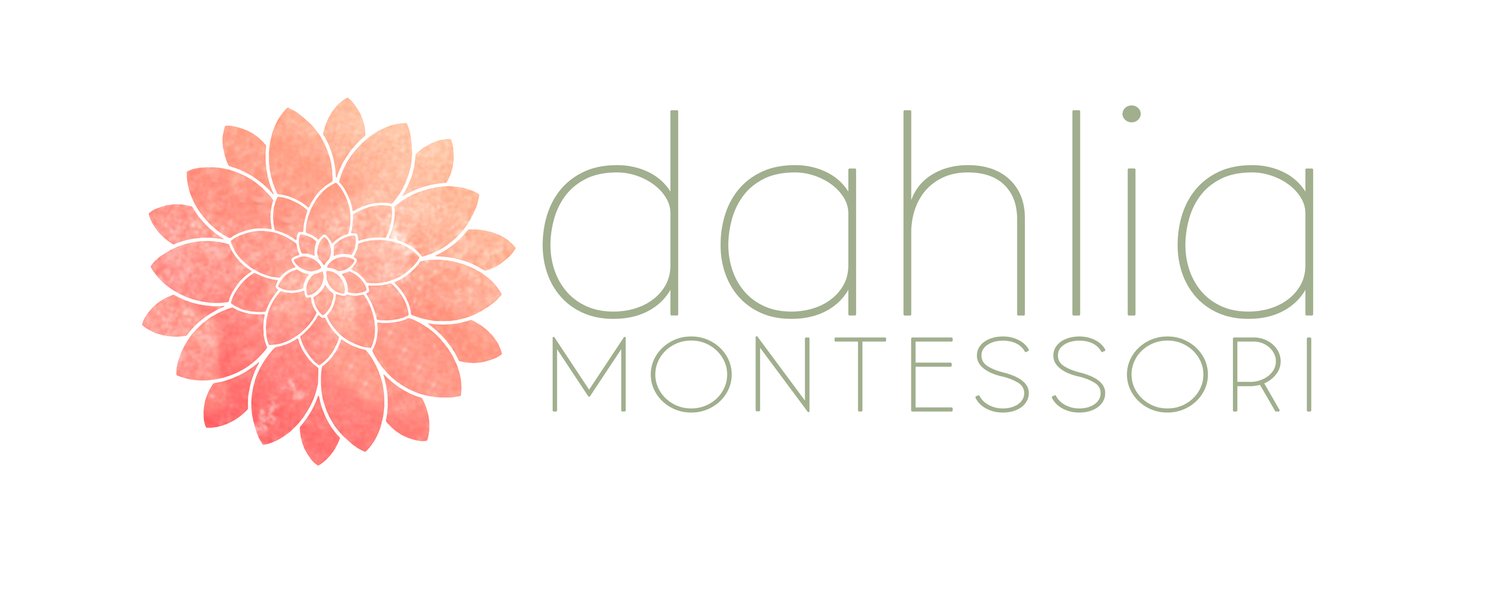We Have Four Main Areas of Study.
Practical Life
Practical Life activities are the activities of everyday life and they are involved in all aspects of life. The child observes these activities in the environment and gains knowledge through the real experience of how to accomplish life skills in a purposeful way. These activities are cultural and specific to the child's time and place. Practical life activities help give the child a sense of being and belonging, established through participation in daily life with us. Through practical life, the child learns about his culture and all about what it is to be human. Generally, the activities of practical life revolve around five areas: Caring for the Self, Caring for the Environment, Grace & Courtesy, and Food Preparation. Practical Life activities are an integral part of any Montessori environment.
Sensorial
The Sensorial area of the classroom contains materials that are specifically designed to support the development of the child’s brain through sensory exploration. Sensorial materials support not only the development of the visual sense, but also auditory, tactile, taste, smell, stereognostic (determining form by feel), temperature, chromic (visual discrimination of color), kinesthetic (movement), and baric (weight). Sensorial materials are also designed to allow for exploration and experimentation on the part of the child. These Sensorial materials are beautiful and exact, and because they are easily explored, they encourage children to spend great amounts of time in this exploration. This sustained exploration is an essential foundation for building toward four core Montessori goals: the development of concentration, coordination, a sense of order, and independence. Dr. Montessori said that, “the education of the senses has, as its aim, the refinement of the differential perception of stimuli by means of repeated exercises”, and certainly the materials she designed support this aim.
Language
The main purpose of the language area is to support self-construction in the first plane of development. The activities and materials we offer support the physical, mental, and spiritual development of the child. We support physical development through coordinated, purposeful, and ordered movements for verbal expression and handwriting. We support mental development though opportunities to form ideas, abstractions, and insights that can be communicated both verbally and symbolically. We help the child build the mental capacity to seek, understand, and interpret the spoken and symbolic communication of others. We support spiritual development though building self-confidence, self-worth, and empathy. We help the child feel capable of meaningful and effective communication, worthy of respectful interpersonal communication, and able to identify with the expressed thoughts, feelings, and experiences of others. We do this by following the universal pattern of language development, and we build upon what the child already knows.
Mathematics
The mathematical mind has the ability to abstract, reason, investigate, imagine, calculate, measure, and be exact. It develops naturally as the child grows and we typically see an acute interest and capacity for enumeration beginning around age four (sometimes sooner, sometimes later). The sensorial materials indirectly prepare the child for work in mathematics because of their innate sequence, order, and progression. For this reason, extensive work with the Montessori sensorial materials should almost always occur before beginning math work. The math materials proceed in an enjoyable fashion that leads the child to think logically and to reason. The materials are concrete, structured, rational, and logical. Early materials produce the sensorial impression of each process—the focus is on the process, not the accuracy of the results.




